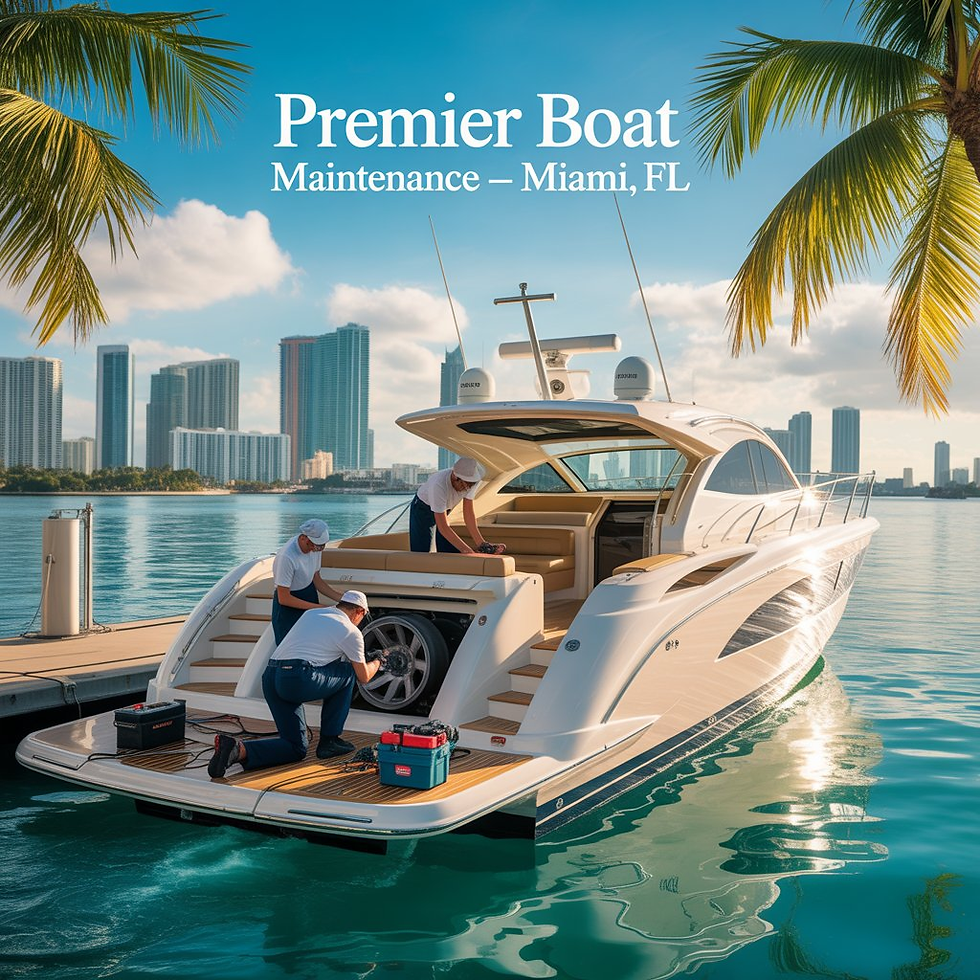High-Quality Used Shoes: A Goldmine for Resellers
- Abdul-Alim Mihran
- Nov 25, 2024
- 3 min read

In the booming world of resale, high-quality used shoes have emerged as a lucrative niche. With increasing demand for sustainable and affordable fashion, these pre-loved gems offer unparalleled opportunities for resellers to maximize profits while supporting eco-conscious shopping trends. This guide explores everything you need to know about sourcing, evaluating, and selling used shoes to create a thriving resale business.
Why Used Shoes Are Valuable in the Resale Market
1. Growing Consumer Demand for Affordable and Sustainable Fashion
Today's consumers are drawn to products that combine affordability with sustainability. High-quality used shoes allow buyers to save money while reducing their environmental footprint. Brands like Nike, Adidas, and Dr. Martens are highly sought after, making them excellent resale candidates.
2. High-Profit Margins
Resellers can often acquire used shoes at significantly lower prices than retail. With proper cleaning and restoration, these shoes can fetch a premium price, especially when they belong to luxury or limited-edition collections.
3. Diverse Market Segments
From vintage enthusiasts to fitness buffs, the market for secondhand shoes spans diverse demographics. Whether targeting parents looking for children’s shoes or collectors hunting for rare sneakers, the potential customer base is vast.
How to Source High-Quality Used Shoes
1. Thrift Stores and Charity Shops
Local thrift stores are treasure troves for used shoes. They often carry name-brand footwear in good condition at bargain prices.
2. Online Marketplaces
Platforms like eBay, Poshmark, and Facebook Marketplace are excellent for sourcing bulk lots or individual pairs of high-demand shoes.
3. Garage Sales and Flea Markets
These venues are great for finding hidden gems at unbeatable prices. Bargain hunters can often negotiate deals to acquire quality inventory for reselling.
4. Wholesale Suppliers
For resellers looking to scale, partnering with wholesale suppliers of secondhand shoes ensures a steady inventory. Many suppliers offer bulk purchases at discounted rates, allowing for greater profit margins.
Evaluating Used Shoes for Resale
1. Check for Brand Value
High-quality brands retain their value even after years of use. Keep an eye out for well-known names like Timberland, Converse, and luxury labels such as Gucci or Prada.
2. Inspect the Condition
Look for minimal wear on soles, intact stitching, and overall cleanliness. Shoes with structural damage or irreparable stains should be avoided unless they hold significant collectible value.
3. Verify Authenticity
Counterfeit products can harm your reputation. Learn to identify authentic markings, serial numbers, and brand-specific details to avoid counterfeit items.
Preparing Used Shoes for Resale
1. Cleaning and Restoring
Proper cleaning can dramatically improve a shoe's resale value. Use appropriate cleaning agents for leather, suede, or fabric. Repair minor issues like scuffed soles or loose laces to enhance their appeal.
2. Professional Photography
High-quality photos attract buyers. Use natural lighting and highlight key details, such as logos and unique features, to showcase the shoe’s value.
3. Accurate Descriptions
Provide detailed descriptions, including size, material, brand, and any flaws. Transparency builds trust and reduces the likelihood of returns.
Marketing and Selling High-Quality Used Shoes
1. Leverage Online Platforms
Use platforms like Depop, Poshmark, and Etsy to reach a global audience. Optimize your listings with relevant keywords like “vintage sneakers” or “gently used leather boots.”
2. Engage on Social Media
Platforms like Instagram and TikTok are powerful tools for showcasing your inventory. Use hashtags like #SustainableFashion and #PrelovedShoes to attract eco-conscious buyers.
3. Offer Discounts and Promotions
Bundle deals or seasonal discounts encourage buyers to purchase multiple items, increasing your overall revenue.
Conclusion
Reselling high-quality used shoes is a goldmine for entrepreneurs seeking a profitable and sustainable business model. By carefully sourcing, restoring, and marketing these products, resellers can tap into a thriving market while contributing to a greener planet. Whether you’re an experienced seller or a newcomer, used shoes offer a wealth of opportunities to grow your business.
FAQs
1. Where can I find high-quality used shoes for resale?
Thrift stores, online marketplaces, and wholesale suppliers are excellent sources for acquiring used shoes.
2. How do I ensure the authenticity of used shoes?
Verify brand-specific markings, serial numbers, and unique identifiers to confirm authenticity.
3. What is the best way to clean used shoes for resale?
Use gentle cleaning agents suitable for the shoe’s material. Leather cleaners, suede brushes, and mild detergents are great tools for restoration.
4. How can I market my used shoe business effectively?
Leverage social media platforms, create engaging content, and optimize your listings with relevant keywords to reach a broader audience.
5. Is selling used shoes profitable?
Yes, with proper sourcing, preparation, and marketing, reselling used shoes can yield high-profit margins.



Comments